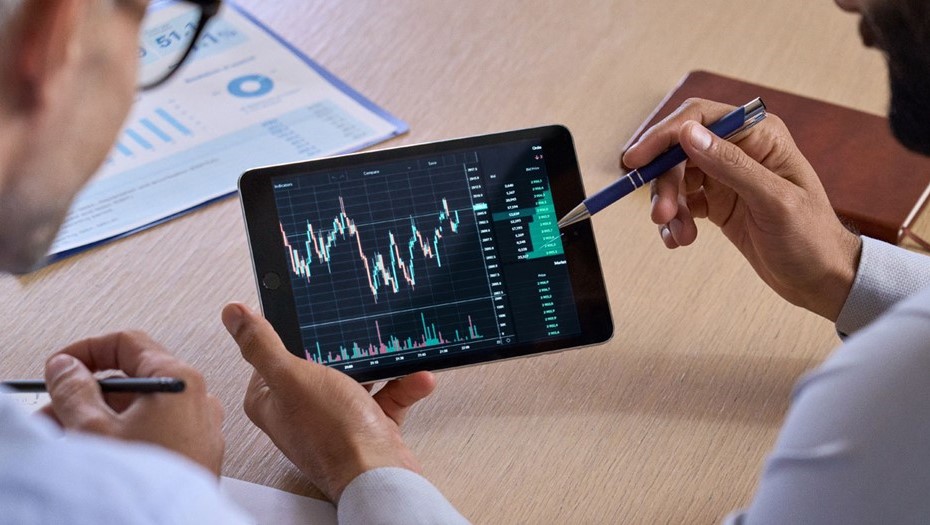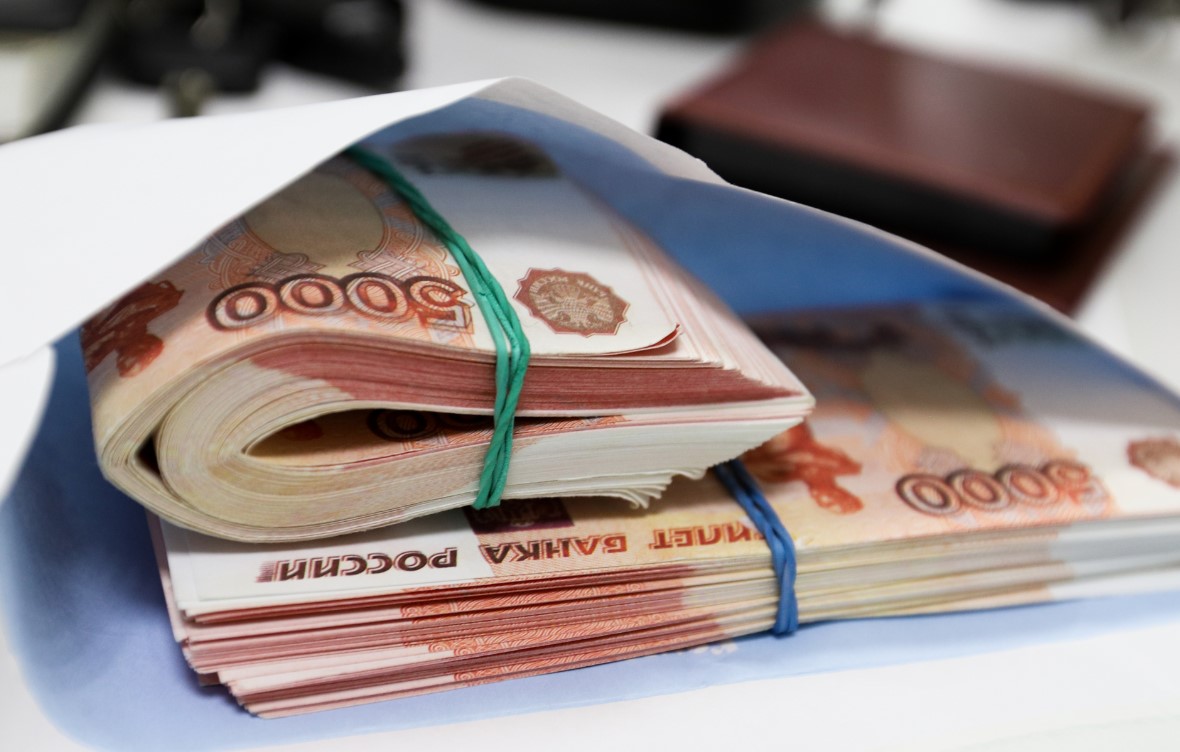Top 15 Russian Startups Set to Transform the Market in 2025
Introduction
The Russian innovative ecosystem has reached a tipping point. By mid-2025, venture capital investments in technology companies rose by 86% to $78 million. The average investment deal size has increased nearly 2.5 times to $1.4 million, indicating a shift in investor focus towards more mature and strategically significant projects. Artificial intelligence (AI) dominates investment preferences, attracting over $33 million—approximately 40% of the total funding.
This trend reflects a radical transformation of the Russian startup landscape. In 2018, 71% of projects were funded solely through the personal resources of their founders, whereas today we observe the institutional maturation of the market. State and corporate venture funds have assumed the role of key investors, while the share of private investors has decreased from 45% to 7%.
Profile of the Contemporary Russian Startup
Founder Profile
The typical Russian startup of 2025 stands in stark contrast to projects from previous years. The average founder is a man aged between 31 and 50 with a higher education and entrepreneurial experience. Two-thirds of companies (68%) have existed for less than two years, and their teams consist of between 4 and 15 people.
Modern founders possess not only high qualifications but a unique blend of technical backgrounds and entrepreneurial experience. This is a response to heightened market demands; now, success requires not just an innovative idea, but a profound understanding of business processes and the ability to scale the product.
Geography and Motivations
The geography of projects has also evolved. Previously, 52% of founders were from Moscow and 14% from St. Petersburg; now, we see a significant rise in regional initiatives. By 2025, six new university startup studios are set to emerge across various regions of Russia, signifying a decentralisation of innovative activity.
Interestingly, the primary motivation for contemporary entrepreneurs is not income, but the desire to realise their potential (44%) and change the world (34%). The opportunity to earn is cited as the main reason by only 15% of respondents, demonstrating the ideological maturity of the ecosystem.
Industry Leaders and Technological Breakthroughs
Fintech: Sustainable Growth in Turbulent Times
The Russian fintech sector demonstrates impressive resilience. The revenue of the top 100 fintech companies increased by 16% in the first half of the year, exceeding 129 billion rubles. The segment of transfers and payments is particularly active, with companies integrating AI for service personalisation.
A notable trend has been the readiness of corporations to invest in fintech solutions. One in three Russian companies plans to invest in this direction in 2025, creating sustainable demand for innovative payment systems and solutions for automating financial processes.
Moscow’s fintech startups are participating in the Moscow Fast Track programme, developing multi-currency payment systems for international settlements. This programme aims to facilitate the entry of Russian companies into friendly jurisdictions, opening new opportunities for global scaling.
Medtech: Revolution in Personalised Medicine
Medical technology attracted $18 million in investments in the first half of the year, with the Russian medtech market growing by 16.4% in the first quarter. Special attention is being given to telemedicine and AI-based diagnostic systems.
Startup Village 2025 has become a platform for showcasing revolutionary medical solutions. Among breakthrough projects is EyeZor—the first portable eye diagnostics system in Russia with AI analysis, currently undergoing pilot testing in leading clinics, making quality diagnostics accessible in remote regions.
NEYROX introduced a medical bracelet for continuous monitoring of physiological parameters, including nervous system activity and non-invasive glucose measurement. This solution ushers in a new era of personalised medicine, allowing patients to monitor their health status in real-time.
Industrial Technologies: Import Substitution as a Driver of Innovation
Industrial technologies have taken the lead in terms of investment volume—$25.8 million. This is linked to state demands for import substitution and the creation of technologically sovereign solutions. Investors are actively supporting deep tech projects in critical industries.
Of particular interest is New Diamond Technology, which attracted nearly $12 million from the Vostok Fund. The company produces artificially grown diamond plates for electronics and quantum industries, which is critical for the development of domestic microelectronics.
Top 15 Revolutionary Startups of 2025
1. Twinby – The Phenomenon of Exponential Growth
The company demonstrated unprecedented revenue growth from 3.17 million rubles in 2023 to 294 million in 2024. Twinby creates comprehensive solutions for digital business transformation, showcasing how Russian technology projects can achieve world-class scaling. The founders developed a unique methodology for integrating various business processes into a single digital ecosystem.
2. Medical Visual Systems – Leader in Medical Digitalisation
Having secured $12.7 million in a C+ round from the "First" Management Company and the RFP, the startup became the largest venture deal of the first half of the year. The company develops solutions for medical digitalisation, including medical imaging and AI-based diagnostic systems.
3. Kopidefend (FORTUNA TECHNOLOGIES) – Next-Generation Cybersecurity
With revenue of 105.46 million rubles, the company creates advanced solutions for corporate data protection. In light of growing cyber threats and information security demands, the project develops adaptive protection systems capable of countering modern threats.
4. Cognitive Pilot – Autonomous Transport of the Future
The developer of AI systems for unmanned transport attracted nearly $9 million from several funds managed by Vostok. The company is creating comprehensive solutions for autonomous driving, including computer vision systems and real-time decision-making.
5. New Diamond Technology – Quantum Technologies
The manufacturer of artificially grown diamond plates has received nearly $12 million from the Vostok Fund. The technology is critical for the development of quantum computers and high-tech electronics, where diamond substrates provide unique properties of semiconductor structures.
6. Keeprise – Intelligent Business Automation
The company's revenue grew from 20.02 to 74.06 million rubles, reflecting the increasing demand for solutions to optimise corporate processes. Keeprise utilises machine learning to create self-learning enterprise management systems.
7. FlyseeAgro – Agri-tech for Precision Farming
With revenue of 59.21 million rubles, the company ranks among the leaders of the Russian agri-tech sector. FlyseeAgro develops drones and monitoring systems for precision agriculture, where biotechnology constitutes over 24% of all startups.
8. Qummy – Smart Culinary Technologies
Attracting nearly $5.6 million from the Vostok funds, the company develops a nutrition system with a smart oven that recognises dishes via a QR code and automatically selects a cooking program. The solution combines IoT technologies with culinary expertise.
9. Digital Habits – Fintech for Banks
Within a pre-IPO framework, the company secured $6.28 million on the MOEX Start platform. The startup provides IT solutions for banks and fintech companies, including scoring and personalisation systems for financial products.
10. Vulnerability Detector – Cybersecurity Automation
Having received 578 votes from Product Radar users, the project creates a SaaS recommendation system for continuous IT infrastructure monitoring. The system automates vulnerability detection and compliance with regulatory requirements.
11. Metamentor – Corporate AI Assistant
The founders Matvey Pak, Ivan Pavlovich, and Lev Chizhov attracted 40 million rubles in investments. The startup creates corporate solutions based on generative AI that analyse internal company documents and create intelligent assistants for employees.
12. Anix – AI for the Animation Industry
The team of Alexandra Sevostyanova and Andrey Tsarev raised over 9 million rubles and became a partner of the "Animators' Gathering 2024". The startup develops neural networks that automate routine processes in animation, freeing up time for creativity.
13. Metranpage – AI Layout for Print Publications
The founder Kir Vitkovsky raised 10 million rubles from a private investor. The automatic layout service uses artificial intelligence to create complex books in just one hour, minimising errors and costs for publishers.
14. EyeZor (ZORTEX) – Portable Eye Diagnostics
The first portable eye diagnostics system in Russia with AI analysis is undergoing pilot testing in leading clinics. This solution revolutionises ophthalmic diagnostics, making it accessible in remote regions.
15. Zdorovie.ru – Personalised Medicine
Startup Eric Brovko secured $4 million in investments and connected 600,000 patients with 3,000 doctors. The platform offers 20 chronic disease management programmes via medical gadgets, aiming for a tenfold revenue growth by 2026.
Success Stories and Entrepreneurial Portraits
Contemporary Russian startup founders are not the stereotypical young enthusiasts lacking experience, but rather mature professionals with deep expertise. Eric Brovko from Zdorovie.ru combines medical education with an understanding of digital technologies. His platform is already demonstrating sustainable monetisation through subscription fees and partnerships with pharmaceutical companies.
The team at Twinby has shown how technical expertise combined with an understanding of business processes can lead to phenomenal growth. Increasing revenue by 90 times in a year is not a coincidence, but the result of systematic work with clients and a profound understanding of their needs in digital transformation.
A particularly interesting trend is interdisciplinarity. Alexandra Sevostyanova from Anix combines knowledge in computer graphics with an understanding of the creative processes in animation. This allows for the creation of technologies that do not replace artists but enhance their creative capabilities.
Investment Ecosystem: New Rules of the Game
The Russian venture ecosystem has radically transformed. The state has become a key customer of technology, creating sustainable demand for deep tech solutions through import substitution programmes. Venture funds are restructuring according to government priorities, making investments more systematic and targeted.
The top 31 venture funds in Russia are prepared to invest from 10 million rubles in promising projects. The leaders include Softline Venture Partners (up to 800 million rubles), Skolkovo Ventures (up to 500 million), and the Vostok Fund (400 million rubles).
Notably, there has been a change in the structure of investment rounds. While the majority of deals (56%) relate to the seed round, 16% pertain to the C+ round. This indicates the willingness of investors to finance already established market leaders and their preparation for IPOs.
Corporate venture investment is gaining momentum. R-Vision established a fund with a volume of 500 million rubles for investing in cybersecurity startups. T-Bank launched the venture fund "Venture Investments 1," open to qualified private investors.
Global Prospects and International Expansion
Russian startups demonstrate the ability to compete in the international market. Experts identify particularly promising areas for entering markets in Southeast Asia and countries with developing digital infrastructure.
Key competitive advantages of Russian projects include a rapid development cycle, high quality of technical solutions, and the ability to adapt to the local specifics of various markets. This is especially important for fintech companies, which are able to offer flexible and secure solutions for international settlements.
An example of successful adaptation is the experience of founders with Russian roots who create global products. Rork attracted $2.8 million in seed investments and is participating in the acceleration programme Speedrun by the Andreessen Horowitz fund, enabling the development of mobile applications based on textual descriptions without programming skills.
Challenges and Opportunities for the Ecosystem
Contemporary Russian startups operate in an environment marked by a unique combination of challenges and opportunities. On one hand, 59% of companies report a lack of investors and strategic partners. On the other hand, low competition (55%) and active import substitution (50%) create windows for growth.
Sixty-four percent of startups focus primarily on marketing and sales, 60% on product development, and only 41% actively seek funding. This reflects the maturity of the industry—founders understand that first they need a product that solves a real problem, and only afterwards funding for scaling.
Regional development is emerging as a key trend. University startup studios are appearing in various cities across Russia, creating alternative centres of innovative activity. This reduces dependence on the Moscow market and creates conditions for the development of local ecosystems.
Forecasts and Prospects until the End of 2025
Analysts predict that by the end of 2025, the volume of venture investments in Russian startups could reach $130-150 million. The primary drivers of this growth will be state support for deep tech projects, the growth of corporate venture investments, and the international expansion of successful projects.
Particular importance is placed on the development of university entrepreneurship. The establishment of six new startup studios will ensure a steady influx of young talent into the ecosystem and foster a culture of innovative entrepreneurship in the regions.
Artificial intelligence will maintain its position as a key investment area. The AI sector remains the main engine of the venture market, demonstrating record-sized deals. Investors are eager to support the creation of industry-specific AI solutions for industries, healthcare, and financial services.
The Russian startup ecosystem of 2025 is characterised by a focus on creating technologically complex solutions with a high added value. Sixty percent of startups view their development prospects in Russia positively, which is an impressively high figure given the external constraints.
Successful startups not only address local challenges within the Russian economy but also create products with the potential for global scaling. This confirms the ability of Russian innovators to adapt to changing conditions and create competitive technologies of world calibre.




